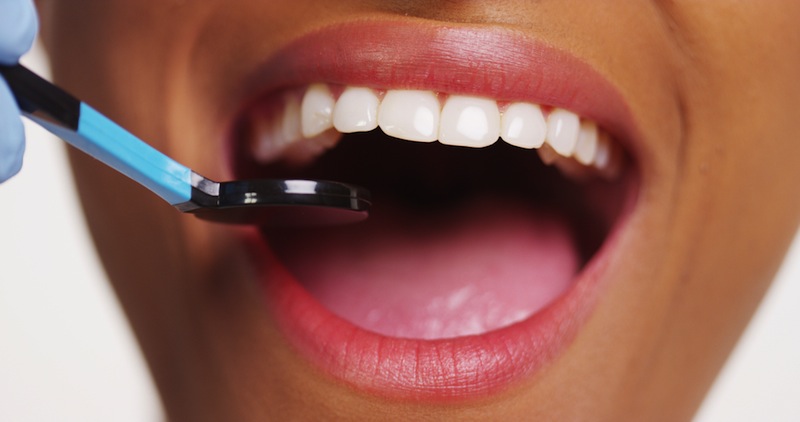Man's Routine Dental Procedure Causes Life-Threatening Infection

A man in Pennsylvania developed a rare and potentially life-threatening infection after a routine dental exam and teeth cleaning, according to a new report of his case.
The 57-year-old man recovered from the infection after treatment, said the doctors who treated the man and wrote the report.
The type of infection that the man had is very rare, and the chances of getting this type of infection during a dental procedure are very low, said Dr. Faton Bytyci, a resident physician at Sacred Heart Hospital in Allentown, Pennsylvania, who treated the man and co-authored the report.
But to minimize the risk of such infections during dental procedures, people with heart defects or a history of heart infection may be prescribed antibiotics before undergoing dental procedures, Bytyci said.
The man was admitted to the hospital in November 2014 with a fever and pain in the upper right side of his body. An MRI of his abdomen revealed that a pocket of pus had formed in the man's liver, and further tests showed that this pocket was caused by an infection with Fusobacterium necrophorum, a type of bacteria that is typically found inside a person's mouth, but not in the liver.
When the doctors talked to the man, they found out he'd had a routine dental exam and cleaning about two weeks before, which made the doctors think that it might have been the source of the infection, Bytyci said. [Chew on This: 8 Foods for Healthy Teeth]
Specifically, the doctors speculated that the dental cleaning might have damaged the lining of the mouth, providing an opening for bacteria to enter the bloodstream. Once in the blood, the bacteria could have traveled to the man's liver.
Sign up for the Live Science daily newsletter now
Get the world’s most fascinating discoveries delivered straight to your inbox.
To treat the man, the doctors drained the pus from his liver using a special needle and gave him antibiotics. The man was discharged from the hospital after a week, and was prescribed more antibiotics to take over the following month.
When the doctors performed a CT scan of the man's liver six weeks after he left the hospital, they found that his condition had resolved completely.
The type of bacterial infection of the liver seen in this case is potentially life-threatening, killing 2 to 12 percent of people who become infected, according to the report, published today (March 7) in the journal BMJ Case Reports.
There are other types of bacteria that may cause serious infections after dental procedures, Bytyci said. The most common one is Streptococcus, which also lives in people's mouths, he said. If this bacterium gets into a person's blood, it can, for example, cause endocarditis, which is an infection of the heart that can potentially damage a person's heart valves.
But serious bacterial infections following dental procedures are rare, and the vast majority of people don't need to take antibiotics or take any other precautions prior to dental procedures, he said.
One step dentists can take to reduce the risk of spreading bacterial infections to a patient's organs is to thoroughly examine their patients' mouths for any ongoing bacterial infections before conducting dental procedures, Bytyci said.
Follow Agata Blaszczak-Boxe on Twitter. Follow Live Science @livescience, Facebook & Google+. Originally published on Live Science.









